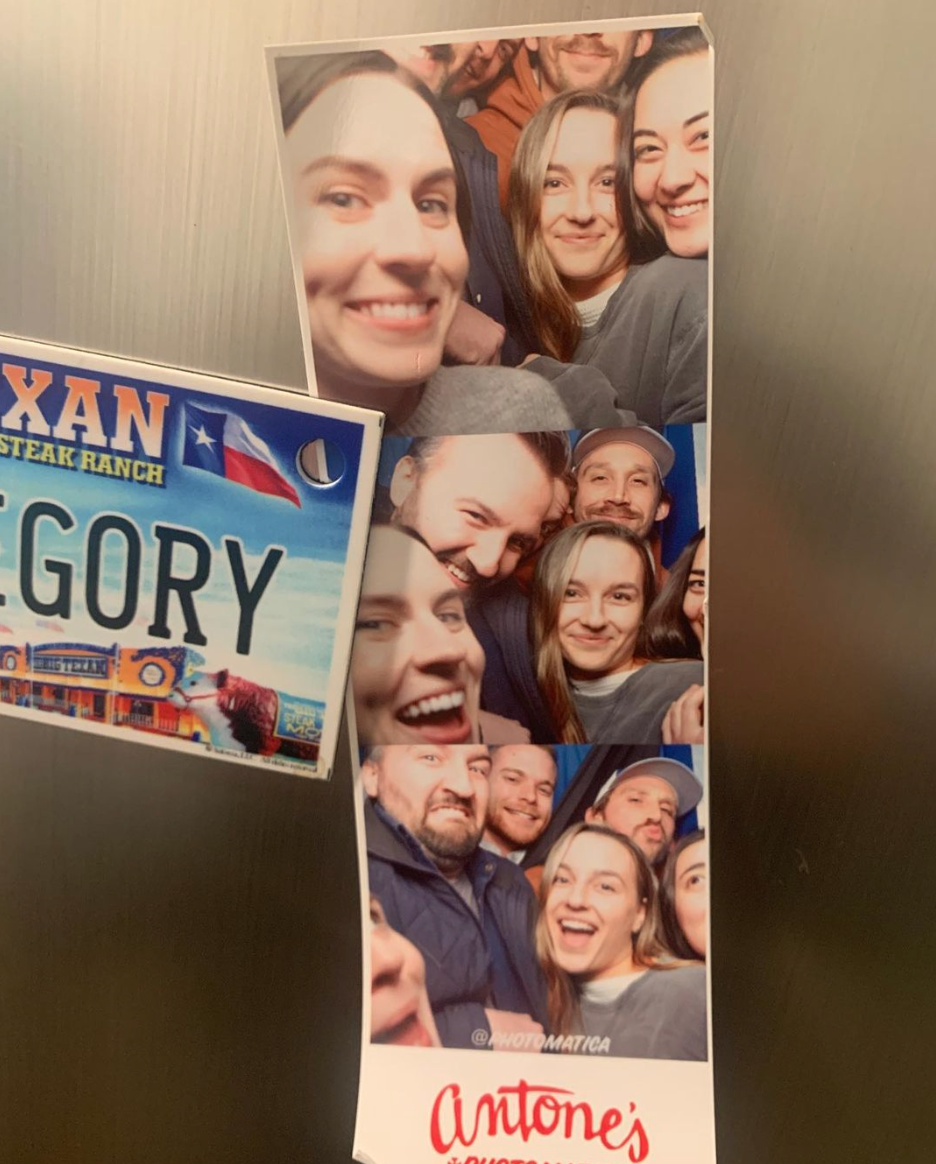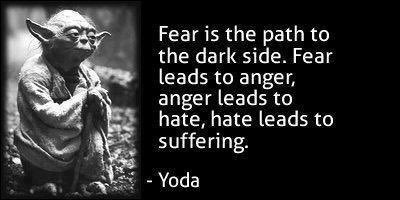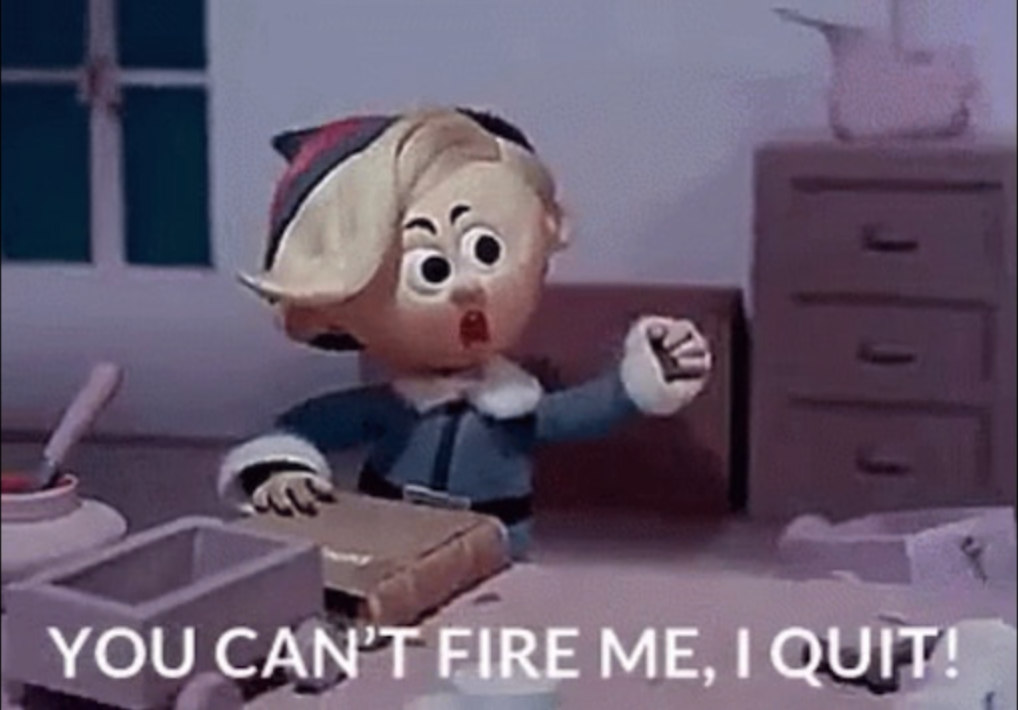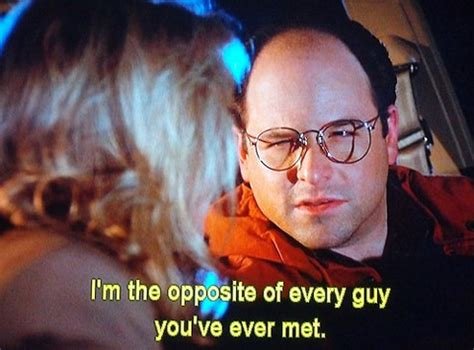Here’s the thing about loneliness:
From the outside, it looks like everyone has their social life together…except you.
I know the feeling—
My apartment overlooks a doggie potty area. I used to watch people meeting, chatting, and bonding over their dogs there. I’d sit in my dark apartment like Jimmy Stewart in Rear Window, flabbergasted that people could connect so easily.
Those people are making friends? I bet they’re the losers, not me.
I had maybe one friend. Sort of knew one of my neighbors. But that was the extent of my social life.
Romance was out of the question. You kidding me? I couldn’t fathom a scenario where I’d make a friend, let alone a girlfriend.
I was in my early 30s and hadn’t had a fulfilling social life since college—thought I never would again.
It was all too much.
Friday nights alone.
People on social media at boat parties, clubs, meeting girls.
Dinner for one in my apartment.
This is embarrassing, but I was so lonely one Friday I went downtown just to be around people. At a bar, I found a photo strip on the ground near a photo booth.
I picked it up. What I saw broke my heart: it showed a group of 6 smiling, attractive friends—a few girls, a few guys, all happy. I put the photo in my pocket. When I got home, I put the photo strip on my fridge.
Why?
So I’d feel like one of them. Like I had friends, too.
These were my fridge friends.
It was an absolute low point for me. At the time, I saw no way out: if my circumstances didn’t change, I was seriously contemplating taking my life. It was that bad. And it may be that bad for you, too.
Putting that photo strip on the fridge felt pathetic at the time. But looking back, I realize something:
It was an important moment, because it was the first time I truly admitted my own loneliness to myself.
I thought, “Holy shit, dude. I’m so lonely I’m pretending to have friends.”
That photo strip suddenly became a goal. A vision for a life I wanted but didn’t yet have.
And that honesty with myself made all the difference.
99.7% of Social Advice Sucks
For people like us, most conventional advice about building a social life is horseshit.
How can I make new friends when I spend all day alone?
How can I talk to an attractive woman when I can’t even make eye contact with people?
How can I sign up for a kickball league if I don’t leave my house for days at a time?
How can I go to the gym when I’m embarrassed by my body?
“Just be yourself!” they say. But what if you hate yourself?
You can be a perfectly normal (maybe even attractive) person who comes across as charismatic, smart, and funny to others. But anxiety and a host of other issues keep you locked in self-induced solitary confinement.
Before any external advice can work, you have to make a slew of internal shifts to set the stage.
You won’t leave the house until you figure out what’s keeping you there in the first place, ya feel?
That’s why we have to dig into some of the bad assumptions, bullshit excuses, and comforting lies holding you back. This won’t be easy. But on the other side of this work is everything you want. The question is:
Do you want it bad enough?
You Must Fix Your Mindset
You’re full of excuses right now. Excuses about your body, your life, work, romance, victimhood, and God knows what else.
I had excuses too. Rather than admit them to myself, I suppressed them and projected them onto the world.
I sat on the sidelines of life, watching other people have fun and make connections. I was like that Yoda meme:
My envy slowly turned me to the dark side of resentment and rationalizations.
I’d walk outside and see active women I was attracted to. Rather than owning my desires, I told myself I didn’t actually want them because they were “normies” or “bimbos” or some similar nonsense.
With time, I realized I was just uncomfortable with how badly I wanted somebody. So I convinced myself I didn’t want them in the first place. It’s a common defense mechanism. Maybe you do it too:
It’s easier to tell yourself “People are assholes” than admit you want their love and are scared of their rejection.
It’s easier to say “Women are whores” than admit you want someone to hold you and scratch your scalp.
It’s easier to say “People these days are shallow” than admit you’re scared everyone will realize you’re fundamentally broken once they get to know you.
Carl Jung said, “Everything that irritates us about others can lead us to an understanding of ourselves.”
I used to think the problem was my city. “It’s too woke,” I told myself. “I don’t fit in anymore.” But when you’re lonely and making assumptions, people will surprise you.
Women I assumed would be liberal feminists turned out to be God-fearing conservatives.
Guys I initially dismissed as losers turned out to be great friends.
Your preemptive dismissal of others is nothing but a means of self-protection. My therapist calls this the “better to quit than get fired” tendency. Meaning I preemptively reject others out of fear of being rejected first.
Enjoy your righteous loneliness, little elf boy.
Anytime you find yourself saying “People these days are too X” just know you’re talking about yourself, your assumptions, and your fears of your own desires.
It’s okay to be afraid to connect with people. There’s nothing more courageous than feeling terrified, yet looking at yourself anyway.
You’ll need this courage. It’s the only way to break the generations-old patterns holding you back.
Comparison Is the Thief of Joy
Are there factors that make it harder to make friends as an adult? Sure. But even that’s an excuse. How often do you consider factors that make it easier to make friends as an adult:
You have money to pursue hobbies, travel, take classes, etc.
You have complete independence and control how you spend your time—you’re not bound by parents, teachers, an RA.
You have access to wider online social networks than ever before.
You have more life experiences to bond with people over.
You know yourself better than you did as a teenager, and can more easily discern like-minded people.
Maybe some of these points aren’t true for you—fair enough. You see my point though.
“Comparison is the thief of joy” is a trite cliche. But consider this: comparing your current self with your past self can be equally as crippling as comparing to other people. Especially if you find yourself reminiscing about the “good old days” of your social life.
I have one acquaintance who’s stuck. His girlfriend broke up with him last year. He’s gotten fat. He says he can’t make friends in our city.
But here’s the thing: I’ve invited this dude to at least 3 of my parties. I’ve invited him to join a bunch of friends rock climbing multiple times. He never shows up. He admitted the reason he doesn’t come climbing: because he used to be so fit that it’s embarrassing to go back to the gym and see how far he’s fallen.
Every time he considers trying something new, his instincts tell him it’s better to stay home.
Needless to say, his instincts suck. Which leads me to the next point…
You Haven’t Earned the Right to Trust Your Gut (Yet)
Remember that episode of Seinfeld where George did the opposite of every instinct he had? Suddenly, when he stopped following his old patterns of behavior, his life opened up. He met women at the coffee shop. He grew a set of balls and told off some noisy people during a movie. He got a job with the damn New York Yankees!
If you were already living a fulfilling life that feels aligned with your true self, then sure, keep following your gut. But listening to your instincts—doing what you’ve always done—has led you to a life you’re unsatisfied with.
That means your instincts are clouded…for now.
When you see a cute girl at the grocery store, your “instinct” will tell you it’s creepy to say hello.
You’ll convince yourself you actually want to stay in on Saturday night rather than take the risk of going to that concert.
You’ll talk yourself out of joining that kickball league because everyone there is probably an alcoholic loser anyway.
What feels like "instinct” is actually an evolutionary ego trick.
Your ego doesn’t want you happy—it wants you the same.
Start questioning your “instincts.” If your gut stops you from taking action, ask yourself if that pattern serves you. To create the life you want, you’ll likely have to do terrifying, horrible things.
Up until now, you’ve defaulted to what feels safe, familiar, and easy. Those old comfort zones are often coping mechanisms that worked at one point in your life. But now they hold you back.
Solitude Used to Keep You Safe
Solitude was how I learned to hide from others’ projections.
In my family growing up, whenever I put myself out there creatively, emotionally, or socially, I was punished for it.
I’d wear some goofy, colorful pants to school, and my dad would sarcastically call it my “clown outfit.”
I’d share my plans to get rich, and my brothers would tell me all the ways it could fail.
I’d write a short story, and my mom would critique the grammar.
It was always under the guise of jokes. That’s how this stuff works—it’s subtle.
Over time, I learned to believe people wouldn’t accept me if I revealed my true self. This belief manifested in thoughts like “Everyone’s an asshole” or “Nobody would understand me if I really opened up” or “People these days are dumb.”
I first recognized this pattern in therapy. I listed all the reasons why my new book might fail. Why I shouldn’t continue writing it. What if I put in all this effort and nobody read it?
My therapist responded by asking, “Do you ever imagine the best-case scenario?”
The answer was no. And my worst-case-scenario fantasies had wrapped me in a cocoon of myself.
Your isolation might stem from different circumstances. But the point remains: solitude became your strategy to avoid difficult experiences early in your life.
It’s a strategy that no longer serves you.
Ask yourself:
Where do my beliefs about myself come from?
What was I hiding from when I first started isolating?
Is that fear still relevant?
Is the voice in my head really my own? Or is it my parents’ voice, still echoing from childhood?
If it’s been there long enough, it may sound like instinct. But it’s not. Your real instincts have been buried under years of pain.
As Within, so Without
I don’t have pictures of strangers on my fridge anymore. I have pictures of me and my friends.
Addressing your inner world may not be enough to build a rich social life on its own. But none of the “tactical” advice will work if you don’t lay this groundwork first.
Even if you master the “tactics” to make friends, without doing this inner work you’ll self-sabotage. Because deep down you’ll still feel undeserving of a better life.
Listen to me:
You do deserve more. Humans are the most social creatures on the planet. Psychoanalyst D.W. Winnicott said there’s no such thing as a baby—there’s only a baby and a mother. Because no baby can survive alone.
Indeed, we cannot fully exist in isolation. And you don’t have to.
Ask yourself:
“If I knew I couldn’t fail, what risks would I take?”
This is just the beginning. I’ll share more tangible steps to build your ideal social life after you do the inner work.
It’ll be better and more actionable for introverts than anything else on the internet.
But for now, hopefully this gives you motivation to address the root causes holding you back.
You deserve connection.
You deserve community.
And you have the power to create it.






